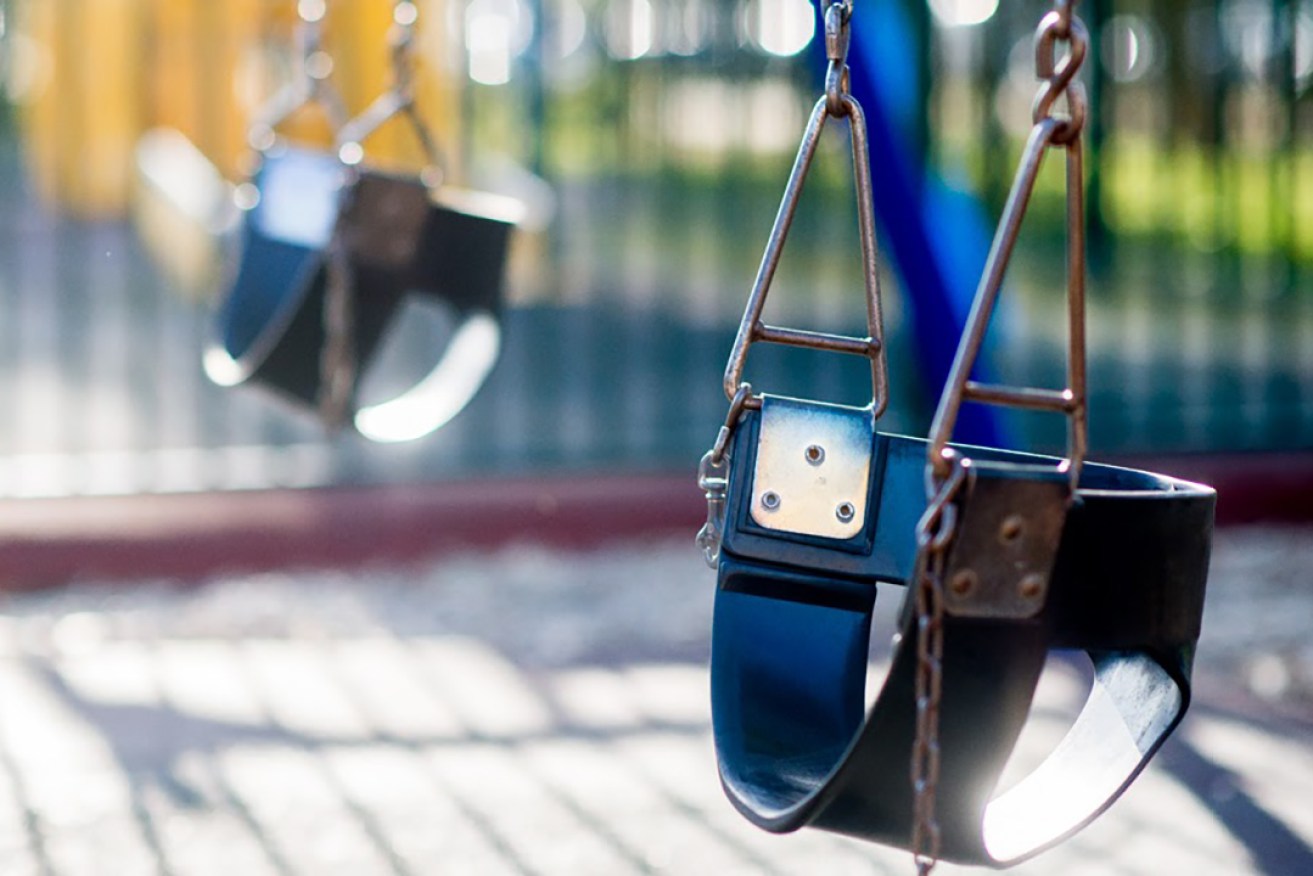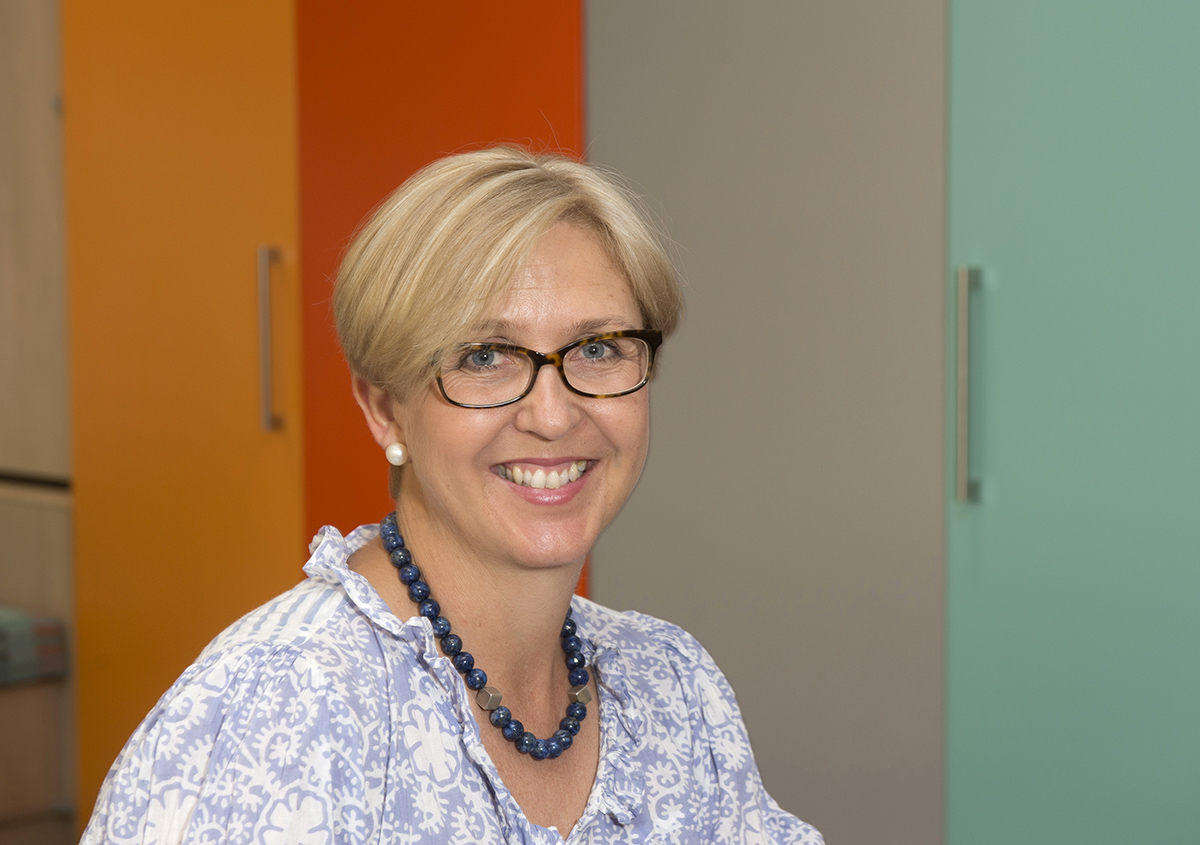
New structures for social workers vital for child protection
The State Government’s decision to revamp delivery of child protection services is just the first step in rebuilding robust and dependable services for vulnerable children and families, a leading South Australian social work academic says.

Photo: Nat Rogers
While the latest change in the Families SA departmental architecture was necessary, much more sophisticated and accountable structures and practices were now needed for social workers to drive a renewed, dedicated focus on effective child protection and wellbeing, said Flinders University Social Work discipline leader Associate Professor Lorna Hallahan.
A clear starting point would be rigorous supervision and ongoing training for frontline child protection workers, along with renewed attention to the formation of a “new generation” of social workers.
“This will require comprehensive assessment and intervention planning and evaluation, requiring systems of accountability that facilitate high-level, high-quality professional judgments,” Associate Professor Hallahan said.
“If the move at departmental level is away from mainstreaming towards policy and practice specialisation, then the move at professional level should be away from a routine, risk-averse approach towards personalised responses to children built on high standards of training and supervision along with solid evidence, including improved data analysis and research.”
Associate Professor Hallahan said it was heartening to see hints of this expressed in the Royal Commission’s interim report this week.
The State Government has moved to support the interim recommendations from the Child Protection Systems Royal Commissioner Justice Margaret Nyland to separate child protection services and Families SA from the Department of Education.
The agencies were combined into the Department of Education and Child Development in 2011.
“We are eager to work closely with the new department leaders, our professional association and other institutions, including our sister school UniSA, to ensure that we are forming a new generation of social workers equipped to meet this vision of quality and accountability,” Associate Professor Hallahan said.
Associate Professor Hallahan, who last year led an independent review of the SA Adoptions Act (1988), sits on the SA Ethics Health Advisory Council and the SA Premier’s Women’s Council. She chairs the Flinders Social and Behavioural Research Ethics Committee in the School of Social and Policy Studies.
“Research will also play a major part in developing data and evidence, further change and best-practice delivery in this highly complex area of child protection,” she said.

Dr Julian Grant
Meanwhile, Flinders University is launching a new national platform for more consistent and united education for child protection, health, education and other early childhood services to help to bridge widening gaps in Australia.
The Interdisciplinary Education for Early Years framework, led by Flinders University’s School of Nursing and Midwifery experts, is a catalyst for creating uniform educational standards across the multiple professions involved in early childhood (birth – five years old) services.
“We hope that the research-based resources will be used across many disciplines, by educators, lecturers, tutors, and program leaders, as a tool for embedding shared outcomes for children,” said Flinders University Associate Professor Julian Grant, adding that the early years in a child’s life largely determine future outcomes.
“The recent Child Protection Systems Royal Commission in South Australia shines the light on the need for more efficient and connected provision of services to children, particularly in the vulnerable early years,” said Associate Professor Grant.
“These new resources aim to set uniform national standards and curriculum guidelines for all professions, from child-care workers and teachers through the medical and social services.”
The first two of three resources are now freely available online for use in practical and theoretical course components to improve interdisciplinary practice standards.
Research from the Australian Research Alliance for Children and Youth has called for major reforms in early childhood care and education to help close the widening gap between Australia’s highest and lowest performing students – a gap wider than in many other wealthy OECD nations.
The National Early Childhood Development Strategy says a highly educated early childhood multidisciplinary workforce is essential to improve health, education and welfare outcomes for Australia’s children.
Feedback is being sought on the third and final resource package, which covers interdisciplinary standards for working with children from birth to five years. To participate, go to the link here.
The new resources, developed over the past 18 months with input from all the professions involved, as well as workers and families, create Australia’s first set of standards incorporating all professions which work with children in the early years.
A self-evaluation tool for educators will help assess their integration of interdisciplinary concepts and materials into their programs.
A series of workshops for educators will be held across partner states in July and August.
The project was funded by the Federal Government’s former Office for Learning and Teaching.




